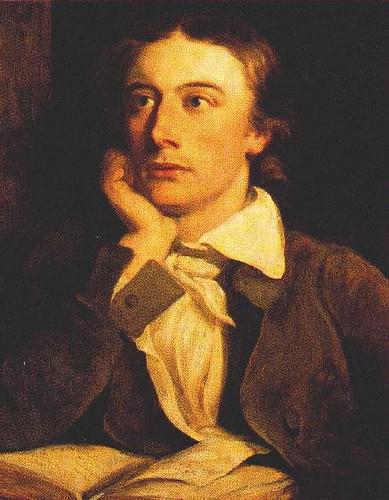
(info4now)- If the term psyche has the literal meaning of soul, John Keats’ free expression in praise of Psyche takes the upper hand against the form of the rhyme. While addressing Psyche in Ode to Psyche, Keats’s heart and soul composition of poetry is in focus. Even in a set of rules, he has the ability to hit his own technique.
Summary of Ode to Psyche
As a visionary Keats finds Psyche along with Cupid in the forest, he is all care for Psyche’s promotion in rank. Even being fairer than Phoebe, she is not considered as the goddess. But she is true and beautiful, and she finds his true love with Cupid. No matter what they say, Keats will be her worshipper forever. In fact, Keats knows how to recognize truth. He will build a temple for her in the untrodden region of his poetic brain.
Critical Analysis
A champion in composition Keats is not just seeking inspiration from Psyche to compose a new rhyme indeed. Rather it might be the other side of his short livelihood. A frail body is in need of Psyche-like diagnosis. And he struggles to establish a happy ending in his poem while handling love and immortality. Psyche, though treated ill earlier, can find an admirer like the poet himself and her match with Cupid is a great inspiration for the poet. So, most probably, Keats needs a real inspiration to glorify love in his poetry.
At the start, the poet is very subjective as addressing Psyche as goddess. Apart from invoking, he clearly sees Psyche and Cupid together. So it’s just his imagination and psychic introspection that make way to deepen his admiration for goddess Psyche. He gives a little bit of indication that the couple’s love is hurting him and at the same time making him very happy. The expressions ‘soft-handed slumber’ and ‘past kisses’ are proof of Keats’ missing physical strength. He tries to enjoy it in the absolute form of an immortal couple. ‘His Psyche true’, on the other hand, speaks of his thirst for fidelity in love.
A beautiful Psyche gets back his love but still lacks that level of admiration. The poet thinks she should be considered among the goddesses. Young Keats is very conscious of his youth. Psyche too need not worry. She is comparatively new among the other gods and goddesses. If there is no temple to worship her, she mustn’t worry about it. The poet has already recognized her beauty and he will make all the arrangements for her– a shrine, sweet incense and a priest like himself.
He quickly moves to the abstract forms of the shrine, the incense, the voice, the musical instruments, the oracle and the grove. He meets her in an imaginary forest and he is going to build the shrine in the untrodden region of his mind. His thoughts will be musical as the sounds of zephyrs, streams, birds and bees, and the new beautiful images are the offerings from the priest poet. ‘To let the warm Love in’ finalizes the fact that he opens a window both for Cupid and for himself who is badly in need of warm happiness in his poems.
To Conclude
If the poet sympathizes with Psyche’s misfortune, he also seeks an inspiration of warm love the goddess possesses. This oscillation runs throughout the ode and thus touches Keats’ own mood of restlessness. Both with the use of mythological characters and artistic beauty, the ode is also an example of his Hellenistic approach to creation. Although not composed in a disciplined form, the poem is absolutely lyrical with melodious expressions and with the abundance of sensuousness. Even being less compact as an ode, Ode to Psyche will be one of Keats’ top creations as a poem.
( The author is an independent literary critic. The article is from his complete personal views.)